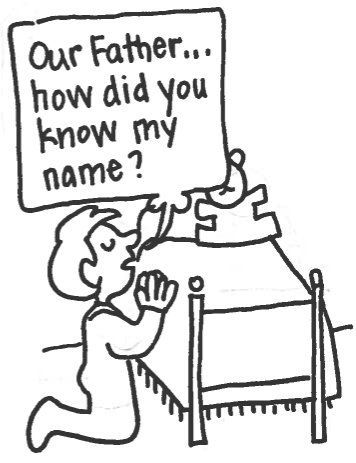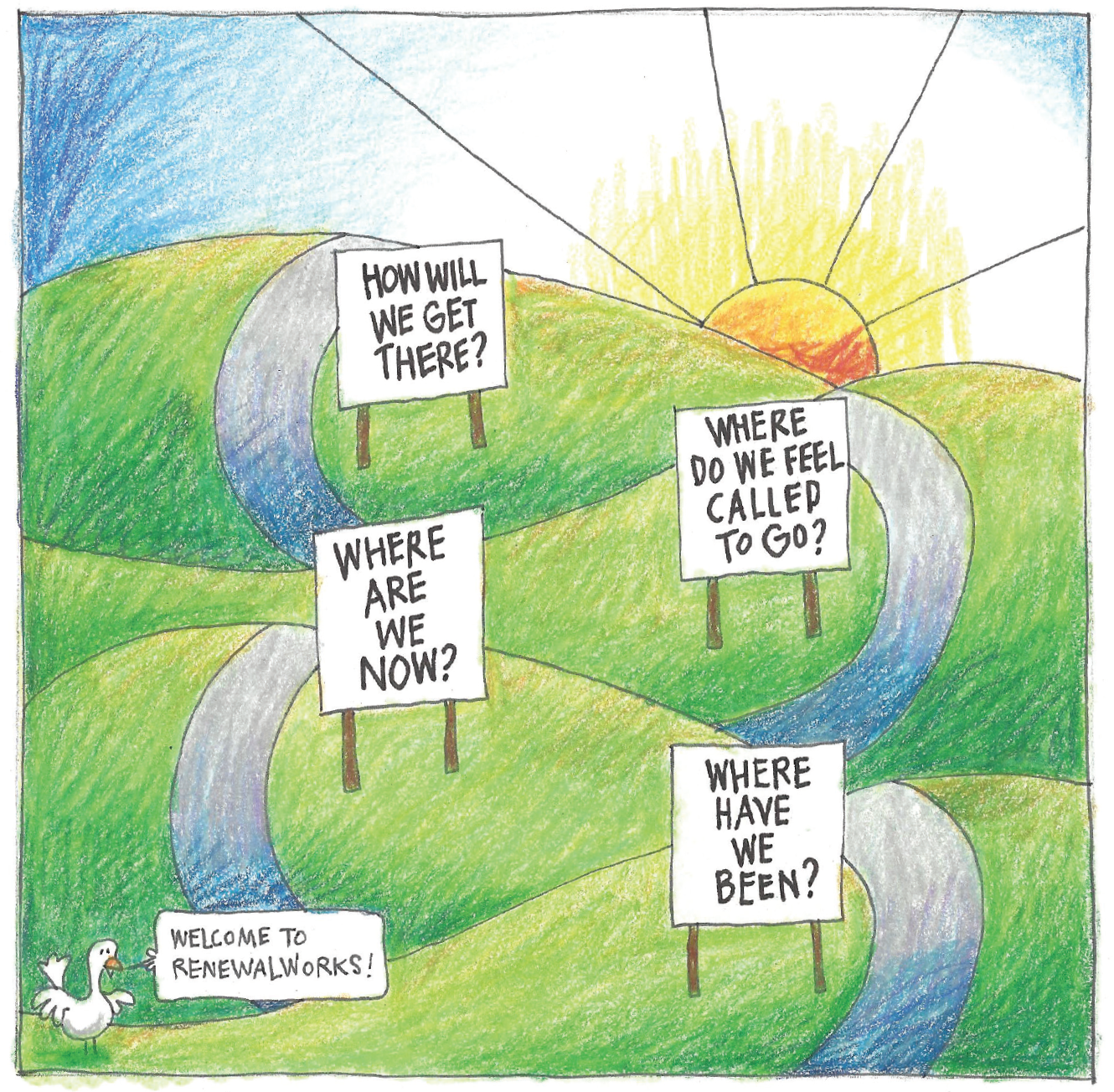
|
More on forgiveness
Does this really mean that when we withhold forgiveness from others, God withholds it from us? Is this a quid pro quo?
In today’s verses from the Sermon on the Mount, Jesus underscores what he has already said in the Lord’s Prayer: forgiveness matters. In the gospels, he sets a high bar. (Just take a look at the passage above.) We are to forgive someone seventy seven times, which basically means that there are to be no limits to our extension of forgiveness.
I’m mindful that many people have experienced traumatic injury that makes this strong call to forgiveness tough. Maybe beyond possibility. I can only imagine how hard this might be for some.
Speaking for myself, I’m loaded with limits on how much forgiveness I will extend. I consider the worthiness of the person I consider forgiving. I wonder if I can trust the person not to injure me again. I want accountability and occasionally I want revenge. Some folks seem to be simply irredeemable jerks, undeserving of forgiveness. Forgiveness in their cases would amount to enabling. Am I alone in feeling this way?
Jesus may be simply describing a spiritual dynamic, the reality that we can’t really embrace the fact that we’re forgiven if we’re not willing to forgive other people. But there is also a prescriptive dimension to his teaching, because the Jesus movement is at its heart a ministry about forgiveness. We can’t be part of that movement if we’re not working on forgiveness on a pretty extravagant level.
And if we decide not to forgive someone else, what does that say about us?
It says that we claim to know more about human relationships than God does. Or maybe that we have higher standards than God does. Or maybe that we are a better judge than God is. Or maybe we think that the injuries we’ve experienced are more egregious than what God experienced, the one who went to the cross. If the God of creation is willing to forgive us, for things done and left undone, in thought, word and deed, how can we withhold forgiveness?
It suggests that our own experience of forgiveness has had limited impact on us. In the gospel of Luke, Jesus notes the difference between someone who had been forgiven a great deal, and someone who had been forgiven less. (Luke 7:26-50) It becomes a matter of the heart, as we are deeply moved with love when we really embrace the amazing grace that we are forgiven, accepted, loved.
It ignores the fact that without forgiveness, relationships will remain unresolved, and probably broken. The withholding of forgiveness gets us stuck. It blocks a path forward. A refusal to forgive may indicate that we’re uninterested in moving forward. Indeed, it focuses our energies on the past. It may suggest that we’ve grown comfortable or familiar with our resentments. Maybe we even treasure them. The devil we know and all that.
The Jesus movement is at its heart a ministry about forgiveness, beginning with the news that we have been forgiven. It’s not about perfection. Just take a look at the disciples. Our participation in the Jesus movement depends on our ability to hear Jesus say to us, with arms stretched out on the hard wood of the cross: Forgive them for they don’t know what they are doing.
In church, before we come forward to receive bread and wine, we confess our sins, including our lack of love for neighbor as self. We can move forward in relationship, in communion, because forgiveness has been declared. In baptism, we find the promise that when we mess up, there is always a way to repent and return to the Lord. There’s always a way to come back. We can be part of opening that way for others. And really, if God opens the door for us to find our way back, where do we get off shutting the door on those who stand in need of our forgiveness?
Will God fail to forgive us if we don’t forgive others? Jesus seems to say that. That’s a hard one for me to wrap my mind around, especially when some injuries to people are so profound and traumatic.
So this Monday morning I’ll have to trust that God will do what is right, and just, and loving. Meanwhile, what is clear to me is that as a follower, a student, a disciple of Jesus, I need to work on the most expansive vision of forgiveness I can muster. Deep down, I know that on the occasions when I’ve been able to do that, I feel freer.
-Jay Sidebotham






